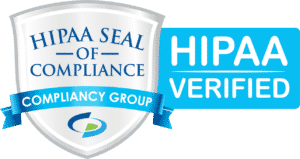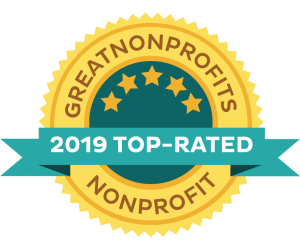Attention Deficit Hyperactivity Disorder (ADHD) is a state in which a child/teen/adult exhibits inattentive, impulsive, and hyperactive behaviors. It is a neurological disorder. The symptoms of ADHD can disrupt learning and present challenges at school because it may be difficult to stay organized, pay attention or follow instructions, manage time, or engage in activities that require a lot of concentration.at require a lot of concentration or time in a seat.
ADHD can also affect relationships with family and friends. Parents may notice that a child with ADHD finds daily routines and requests challenging to complete and struggles with doing homework. Without help to manage symptoms, a person with ADHD may have serious behavioral issues and struggles. *It is important to note that one can be diagnosed with Attention Deficit Disorder (ADD) without the Hyperactivity component.
Warning Signs of ADHD:
- Inattention, hyperactivity and impulsivity
- Distracted and bored easily
- Trouble focusing on detail, making careless mistakes
- Difficulty remembering things and following instructions
- Fidgets, squirms, moves around constantly
- Talks excessively
- Runs, climbs, often leaves seat at school
- Blurts out answers and interrupts conversations
- Can’t wait for a turn, intrudes on others
- Angered easily, temper tantrums or outbursts, aggression
Treatment Options:
There are a variety of strategies to treat ADHD. A counselor may use various behavioral therapy techniques to make actionable goals that change the way a child behaves. Often the counseling plan involves rewards and consequences. In talk therapy, the counselor and social skills training. The school is an important part of effective treatment as well. Medications can be used to help manage symptoms.




Connect With Outreach!